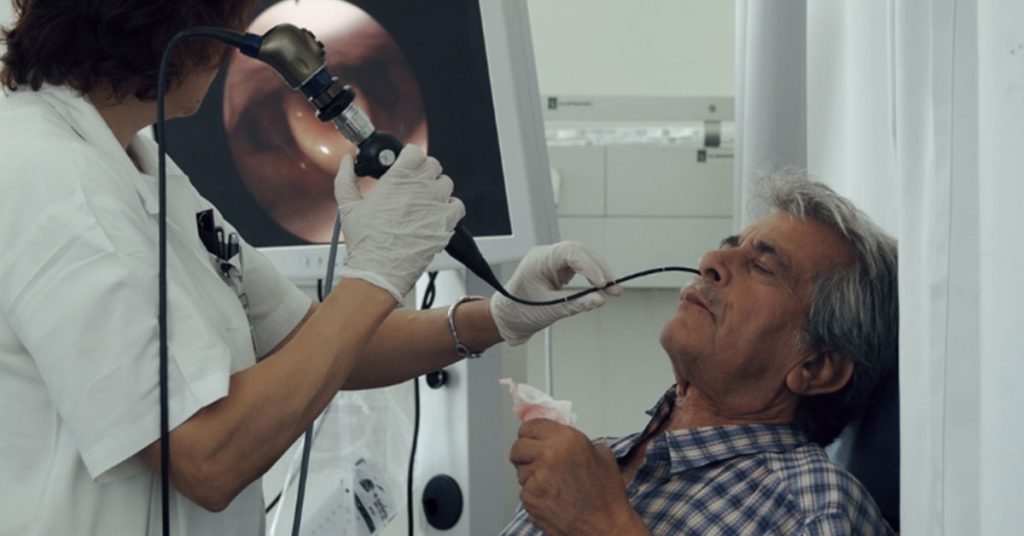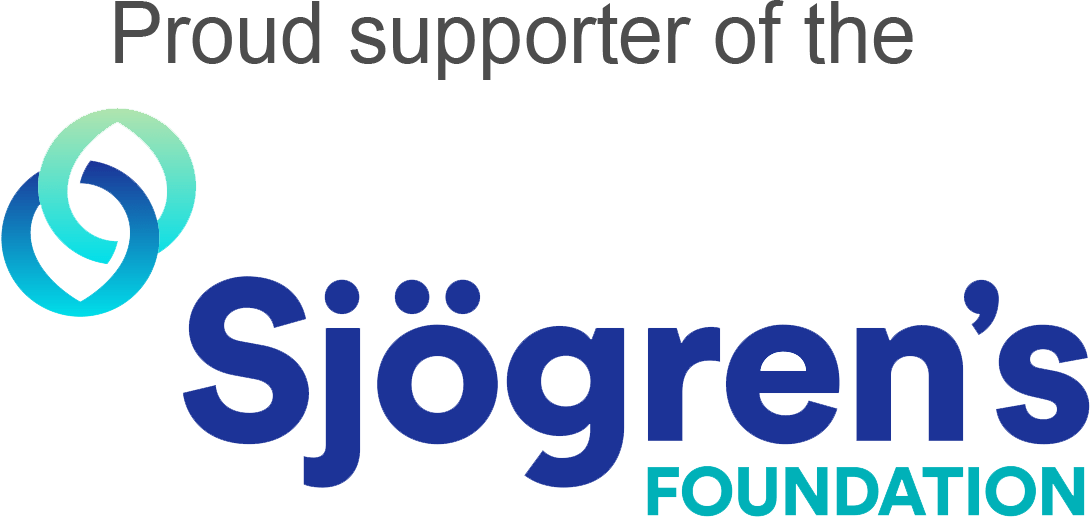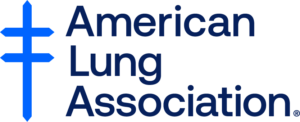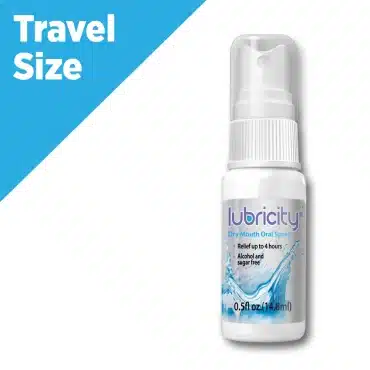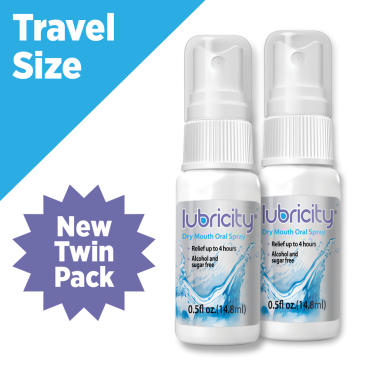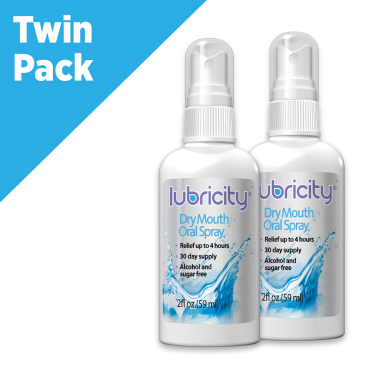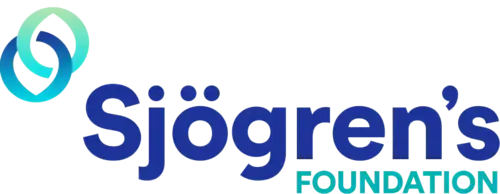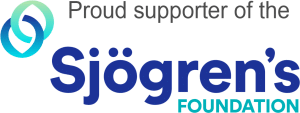Nasal endoscopy is a widely used medical procedure that allows doctors to examine the nasal passages and sinus cavities using a thin, flexible tube with a light and camera attached to it. While nasal endoscopy is generally safe, there are some lesser-known consequences associated with the procedure. One such consequence is dry mouth.
In this article, we will delve into the causes, impact, and management of dry mouth during nasal endoscopy, providing valuable insights for both healthcare professionals and patients.
Understanding Nasal Endoscopy
Nasal endoscopy involves the insertion of a thin, flexible tube with a camera and light source into the nasal cavity. This allows healthcare professionals to visualize the nasal passages and identify any abnormalities or conditions affecting the nose and sinuses. The procedure is typically performed on an outpatient basis and offers numerous benefits over traditional diagnostic methods.
Moreover, Nasal endoscopy plays a crucial role in diagnosing and treating various nasal and sinus conditions. It allows healthcare professionals to accurately identify the underlying causes of symptoms such as chronic congestion, recurrent sinus infections, nasal polyps, and deviated septum. By obtaining a clear view of the nasal passages, doctors can develop appropriate treatment plans tailored to each patient’s needs.
Dry Mouth: An Unanticipated Effect
While nasal endoscopy is generally well-tolerated, patients undergoing the procedure may experience an unexpected side effect: dry mouth. Dry mouth, medically known as xerostomia, occurs when there is insufficient saliva production in the mouth. This can lead to discomfort, difficulty speaking or swallowing, altered taste, and an increased risk of oral health problems.
Causes of Dry Mouth after Nasal Endoscopy
Dry mouth can be attributed to several factors that come into play during and after nasal endoscopy. Here are the main causes:
- Anesthesia: During the procedure, a local or general anesthetic is often administered to ensure patient comfort. Anesthesia can temporarily disrupt the normal functioning of the salivary glands, leading to a dry mouth.
- Mouth Breathing: Nasal endoscopy requires the insertion of a tube into the nostrils, which can obstruct normal nasal breathing. As a result, patients may resort to mouth breathing during the procedure, causing dryness in the mouth.
- Dehydration: Patients undergoing nasal endoscopy may be instructed to abstain from eating and drinking for a certain period before the procedure. This can lead to dehydration, which in turn contributes to dry mouth.
- Medications: Some medications prescribed before or after nasal endoscopy can have dry mouth as a side effect. It’s important to inform your healthcare provider about any medications you are taking to determine if they could be causing or exacerbating dry mouth.
Impact of Dry Mouth on Patients
The impact of dry mouth during nasal endoscopy should not be underestimated. Patients may experience discomfort and irritation in their oral cavity, making it challenging to communicate effectively with the healthcare team. A dry mouth can also affect the taste of food and reduce the ability to enjoy meals. Prolonged dry mouth may increase the risk of dental decay, gum disease, and oral infections, necessitating additional oral health interventions.
Managing Dry Mouth during Nasal Endoscopy
Fortunately, there are several strategies healthcare professionals can employ to manage dry mouth during nasal endoscopy. First and foremost, adequate hydration is essential. Encouraging patients to drink water before and after the procedure can help alleviate dryness. The use of sugar-free lozenges or chewing gum can stimulate saliva production.
Additionally, utilizing saliva substitutes, such as lubricity dry mouth oral spray, or lubricating gels may provide relief for patients experiencing severe dry mouth.
These substitutes can help to moisten the oral cavity and alleviate discomfort during the procedure. By incorporating these strategies, healthcare professionals can effectively manage dry mouth and enhance the patient’s comfort during nasal endoscopy.
Prevention and Relief Measures
Preventing dry mouth during nasal endoscopy is preferable to managing it afterward. Patients can be advised to avoid caffeine, tobacco, and alcohol before the procedure, as these substances can contribute to dry mouth.
In addition, Nasal saline sprays or rinses can help keep the nasal passages moist, minimizing the need for mouth breathing. Humidifiers in the examination room can create a more comfortable environment for the patient.
Tips for Healthcare Professionals
Healthcare professionals can play a vital role in minimizing the occurrence and impact of dry mouth during nasal endoscopy. Proper communication with patients regarding the potential side effects of the procedure, including dry mouth, can help manage their expectations.
Moreover, ensuring patients feel comfortable voicing any discomfort or dry mouth symptoms during the examination allows healthcare providers to address the issue promptly and adjust the procedure if necessary.
Coping Strategies for Patients
Patients undergoing nasal endoscopy can adopt various coping strategies to alleviate dry mouth symptoms. Sipping water regularly, using saliva substitutes, and practicing good oral hygiene can provide temporary relief. Maintaining overall oral health by brushing twice a day, flossing, and visiting the dentist regularly is crucial for minimizing the risk of oral complications associated with dry mouth.
FAQs
Is dry mouth during nasal endoscopy a common occurrence?
Yes, dry mouth during nasal endoscopy is a common occurrence. The procedure can cause temporary mouth breathing, leading to reduced saliva production. It is advised to stay hydrated before and after the procedure to alleviate this discomfort.
Can dry mouth during nasal endoscopy leads to long-term oral health problems?
While dry mouth during nasal endoscopy is temporary, prolonged dryness can contribute to oral health issues. It is important to maintain good oral hygiene and communicate any persistent dryness with your dentist or healthcare provider.
Are there any specific medications that can help alleviate dry mouth during nasal endoscopy?
There are no specific medications designed for alleviating dry mouth during nasal endoscopy. However, your healthcare provider may suggest saliva substitutes or medications that can stimulate saliva production. It’s best to use lubricity oral spray for instant relief.
Can breathing through the nose during nasal endoscopy be challenging?
Breathing through the nose during nasal endoscopy may be challenging for some patients, especially if there are nasal obstructions. However, if feasible, it can help reduce dryness and discomfort in the mouth.
How long does dry mouth typically last after nasal endoscopy?
A dry mouth experienced during nasal endoscopy usually resolves shortly after the procedure. However, if you continue to experience persistent dryness, it is advisable to consult your healthcare provider for further evaluation.
Lubricity is a Proud Supporter of the
What do customers say about Lubricity Dry Mouth Spray?


